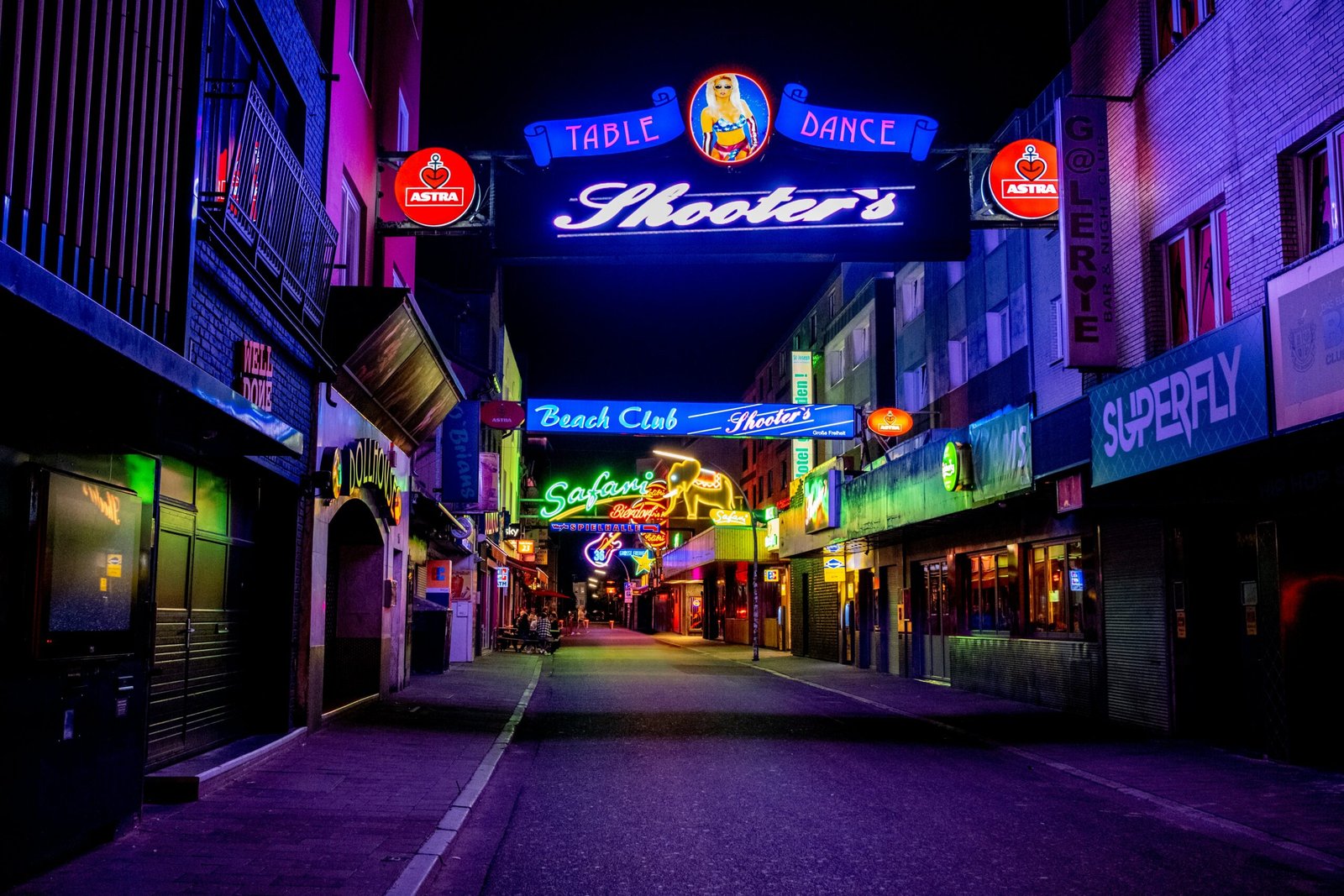The Connection Between Strip Clubs and the Broader Sex Work Industry
When discussing the connection between strip clubs and the broader sex work industry, it is important to recognize that strip clubs are just one facet of the diverse adult entertainment landscape. While some may view strip clubs as separate from other forms of sex work, it is essential to understand the interconnectedness and similarities that exist.
1. The Definition of Sex Work
Before delving into the relationship between strip clubs and the broader sex work industry, it is crucial to establish a clear definition of sex work. Sex work refers to any form of labor or service that involves the exchange of sexual services or erotic performances for money or goods. This includes a wide range of activities such as escorting, pornography, phone sex, and, yes, stripping.
2. Overlapping Elements
While strip clubs primarily focus on erotic dance performances, they often share commonalities with other forms of sex work. For example, both strip clubs and other areas of the sex work industry involve performers providing sexualized entertainment to paying customers. Additionally, strip clubs and other forms of sex work operate within a similar legal and social framework, facing similar challenges and regulations.
Furthermore, the individuals who engage in sex work, whether in strip clubs or other contexts, often face similar stigmas and societal judgments. The broader sex work industry and strip clubs are both subject to moral and legal debates, with varying opinions on their place in society.
3. Impacts on Workers
Another important aspect to consider when exploring the connection between strip clubs and the broader sex work industry is the impact on the workers themselves. Both strip club performers and individuals engaged in other forms of sex work face similar challenges, including issues related to safety, exploitation, and the need for legal protections.
While some argue that strip club work can provide a safer and regulated environment compared to other areas of sex work, it is essential to recognize that this is not always the case. Strip club performers may still face harassment, discrimination, and unsafe working conditions. It is crucial to advocate for the rights and well-being of all individuals involved in the sex work industry, regardless of their specific role.
4. Broader Perspectives on Adult Entertainment
When discussing the connection between strip clubs and the broader sex work industry, it is also important to consider the broader perspectives on adult entertainment. Society’s views on sex work and adult entertainment vary greatly, influenced by cultural, religious, and moral beliefs.
Some argue that strip clubs and other forms of sex work contribute to the objectification and exploitation of women. Others believe that individuals should have the autonomy to engage in consensual adult activities and that sex work can be a valid form of labor. These differing viewpoints shape the way strip clubs and other areas of sex work are perceived and regulated in different societies.
Conclusion
While strip clubs may seem distinct from other forms of sex work, it is clear that they are interconnected and share many similarities. Both strip clubs and the broader sex work industry involve the exchange of sexualized services for money and face similar challenges and stigmas.
By understanding and acknowledging the connection between strip clubs and the broader sex work industry, we can foster a more informed and compassionate dialogue surrounding adult entertainment. It is vital to prioritize the well-being and rights of all individuals involved in the sex work industry and work towards creating a more inclusive and equitable society for everyone.

